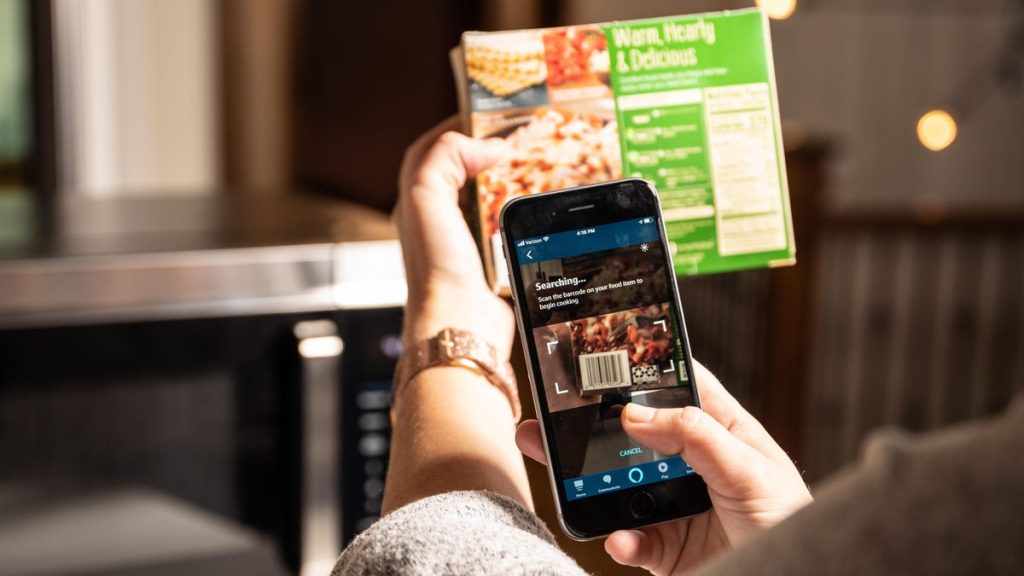At CES, the focus on energy is evident, with some booths showcasing smart kitchen appliances while others lack excitement for them. The oversaturation of smart kitchens may explain the waning enthusiasm, or it could be a deeper miscalculation about people’s cooking preferences. The smart kitchen category is projected to reach $76 billion by 2033, but currently only accounts for 2% of the global valuation in 2023, indicating slower growth than expected. Smart kitchen devices are defined as Wi-Fi-enabled or AI-powered, offering features like remote control, notifications, and adaptive cooking settings based on food recognition.
Various smart kitchen appliances now exist, ranging from blenders and food processors to refrigerators and ovens. Brands like Breville and Ninja have incorporated smart technology into their products, allowing for precise food processing and real-time monitoring. Smart refrigerators equipped with cameras can identify food contents and suggest recipes, while smart stand mixers and indoor smokers offer features like built-in scales and mobile control. Despite the innovative advancements, the high prices of these AI-powered and connected devices pose a question about consumer adoption.
Smart ovens, in particular, have faced challenges in gaining widespread acceptance. Products like the Brava and Tovala promise advanced cooking capabilities but at premium prices, limiting their appeal. The June Intelligent Oven, with its AI-powered functions and sophisticated technology, failed to attract a large consumer base despite the initial buzz surrounding its launch. The disconnect between overly engineered smart ovens and the desire for basic cooking skills among consumers highlights a fundamental flaw in the push towards fully automated kitchens.
While some smart kitchen appliances prove to be beneficial additions, such as blenders with motor intelligence or smart coffee makers that brew on command, others fail to enhance the cooking experience for users. Complicated features and high price points hinder the adoption of overly smart devices, suggesting that a more balanced approach to smart kitchen technology is needed. Breville’s Joule countertop convection oven, with its subtle smart features and practical notifications, represents a step in the right direction by prioritizing user experience over excessive automation.
The evolution of smart kitchen technology continues, with innovations like smart refrigerators and composters showing promise for enhancing daily kitchen routines. While some products like the Mill Bin composter have practical benefits and contribute to reducing kitchen waste, others like smart ovens struggle to find their place in the market. As the industry navigates consumer preferences and demands, the key to successful smart kitchen appliances lies in striking a balance between innovation and practicality. Ultimately, the future of smart kitchens hinges on the ability of manufacturers to deliver products that cater to users’ needs without sacrificing the joy and creativity of cooking.


